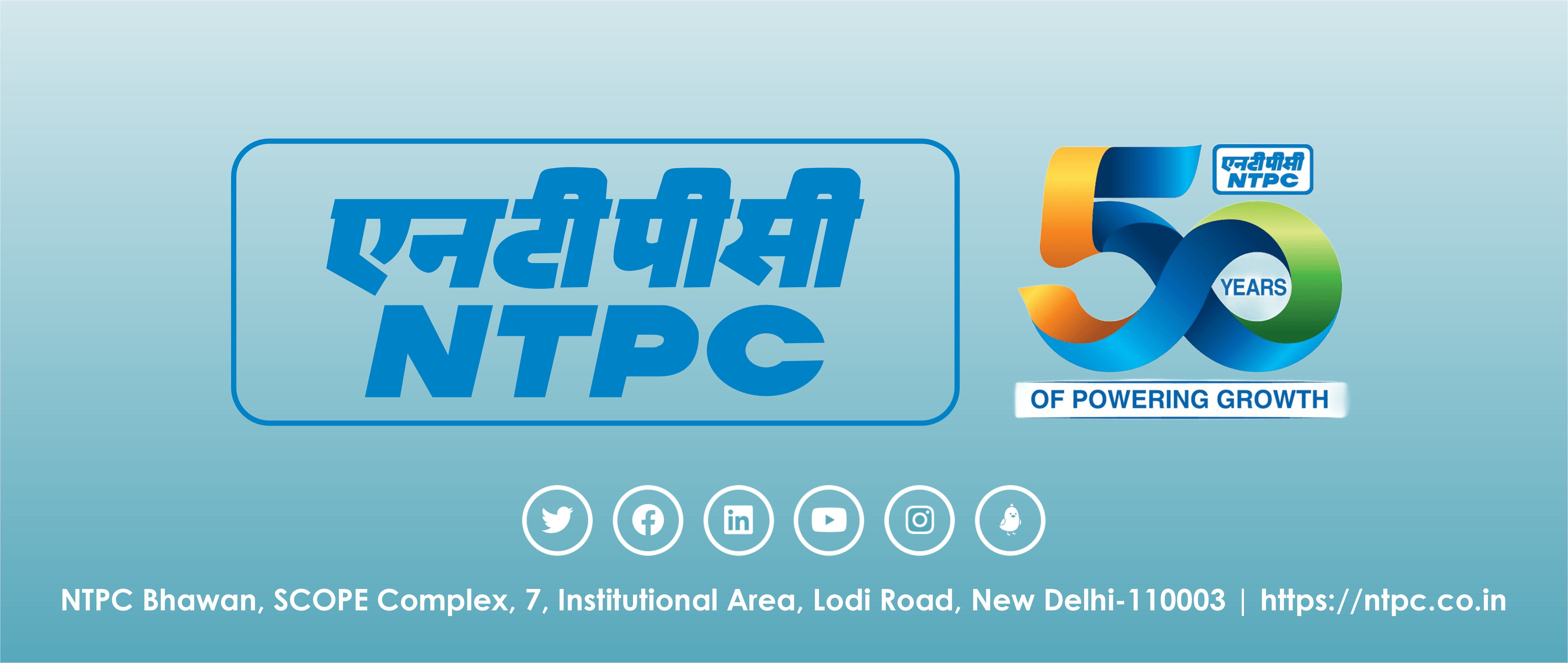TO RECIEVE EXCLUSIVE POSTS AND NEWS
Must Read
SC’s blow to companies shying away from mandatory PF obligations
By IndianMandarins- 28 Jul 2019
985Companies,
covered under the provisions of the Employees’ Provident Fund and Miscellaneous
Provisions Act, 1952 (“EPF Actâ€), which are trying to make themselves rich by
not depositing the mandatory Provident Fund (“PFâ€) contributions required under
the EPF Act with the Provident Fund Office of the Government and, in turn,
depriving their employees of their right over the PF after retirement now need
to keep looking over their shoulder before thinking of doing something similar
again, courtesy the Supreme Court. Â In
a recent judgement a Division Bench of the Supreme Court of India, comprising
of Justice A.M. Sapre and Justice Indu Malhotra, has dealt a heavy blow to a
company covered under the EPF Act for not depositing the mandatory PF with the
PF Office and deny its employees their rightfully earned PF. The company in
question, M/s Godavari Garments Limited, a subsidiary of the Marathwada
Development Corporation and covered under the provisions of the EPF Act since
1979, had engaged women workers and provided them with raw materials to be made
into garments at their homes. The reason the company came up with for not
depositing the PF contributions with the PF Office and not paying PF to these
workers, even though they were being paid wages, was that these workers were
not their ‘employees’ in terms of Section 2(f) of the EPF Act because they were
working from their homes resulting in the company not having any direct,
indirect or supervisory control over them. Â The
Division Bench, while setting aside the judgement of the Aurangabad Bench of
the Bombay High Court that held such companies were not liable to pay the
Provident Fund to such workers and deposit the mandatory PF contributions with
the PF Office, has rightly observed that “merely because the women workers were
permitted to do the work off site, would not take away their status as
employees†of the company. In also directed the company to deposit the amount
assessed by the Officer-in-Charge, Sub-Regional PF Office towards mandatory PF
contribution within 1 (One) month from the date of the judgement. Â This
judgement of the Supreme Court is a stern reminder to the companies, which are
trying to hoodwink the officers of the government working diligently towards
the welfare of the society that such companies won’t be spared if they dare to
act and try to be on the wrong side of the law. (By Sudhir Mishra- Advocate, Supreme Court & Founder Member of Trust Legal) Trust Legal is a law firm founded in 1999 and,
since then, has successfully represented clients before courts across various
sectors like Infrastructure, Media, Entertainment, Healthcare, Environment, and
also specialises in Service matters throughout the country, creating an
enviable niche for itself along the way. E-mail: [email protected]
Address: Trust Legal House, C-224, Defence
Colony, New Delhi - 110024

Readers' Choice
RK Sharma takes charge as DGP 03 Jul 2025
Bihar’s Revenue Secretary may resign to contest Assembly election 03 Jul 2025
R K Sharma is the new Rajasthan DGP 30 Jun 2025
Centre swings surprise, Gujarat DGP gets extension in service 30 Jun 2025
Tenure of Chhattisgarh Chief Secretary extended 30 Jun 2025
SC’s blow to companies shying away from mandatory PF obligations
By IndianMandarins - 2019-07-28 10:34:09

Companies,
covered under the provisions of the Employees’ Provident Fund and Miscellaneous
Provisions Act, 1952 (“EPF Actâ€), which are trying to make themselves rich by
not depositing the mandatory Provident Fund (“PFâ€) contributions required under
the EPF Act with the Provident Fund Office of the Government and, in turn,
depriving their employees of their right over the PF after retirement now need
to keep looking over their shoulder before thinking of doing something similar
again, courtesy the Supreme Court.
Â
In a recent judgement a Division Bench of the Supreme Court of India, comprising of Justice A.M. Sapre and Justice Indu Malhotra, has dealt a heavy blow to a company covered under the EPF Act for not depositing the mandatory PF with the PF Office and deny its employees their rightfully earned PF. The company in question, M/s Godavari Garments Limited, a subsidiary of the Marathwada Development Corporation and covered under the provisions of the EPF Act since 1979, had engaged women workers and provided them with raw materials to be made into garments at their homes. The reason the company came up with for not depositing the PF contributions with the PF Office and not paying PF to these workers, even though they were being paid wages, was that these workers were not their ‘employees’ in terms of Section 2(f) of the EPF Act because they were working from their homes resulting in the company not having any direct, indirect or supervisory control over them.
Â
The Division Bench, while setting aside the judgement of the Aurangabad Bench of the Bombay High Court that held such companies were not liable to pay the Provident Fund to such workers and deposit the mandatory PF contributions with the PF Office, has rightly observed that “merely because the women workers were permitted to do the work off site, would not take away their status as employees†of the company. In also directed the company to deposit the amount assessed by the Officer-in-Charge, Sub-Regional PF Office towards mandatory PF contribution within 1 (One) month from the date of the judgement.
Â
This judgement of the Supreme Court is a stern reminder to the companies, which are trying to hoodwink the officers of the government working diligently towards the welfare of the society that such companies won’t be spared if they dare to act and try to be on the wrong side of the law.
(By Sudhir Mishra- Advocate, Supreme Court & Founder Member of Trust Legal)
Trust Legal is a law firm founded in 1999 and, since then, has successfully represented clients before courts across various sectors like Infrastructure, Media, Entertainment, Healthcare, Environment, and also specialises in Service matters throughout the country, creating an enviable niche for itself along the way.
E-mail: [email protected]
Address: Trust Legal House, C-224, Defence Colony, New Delhi - 110024























